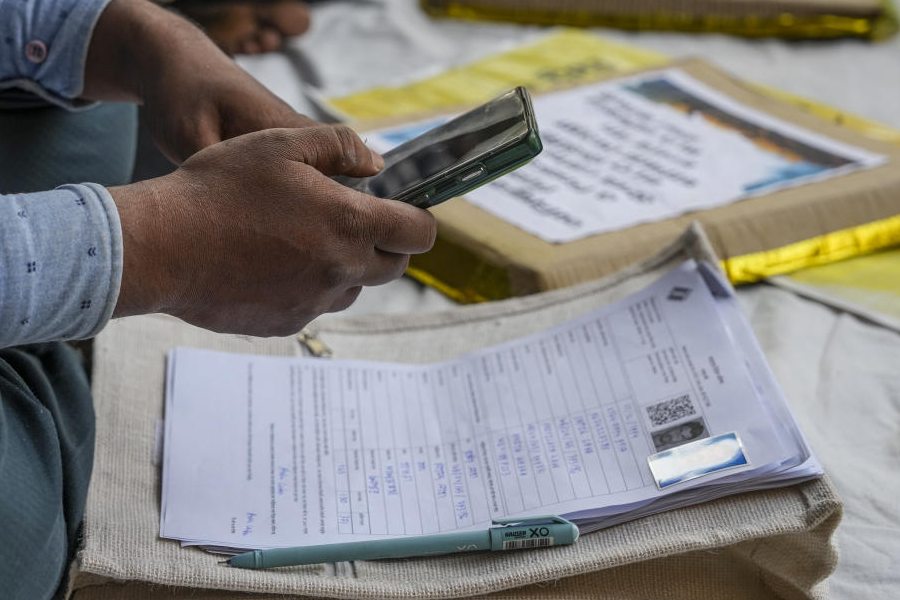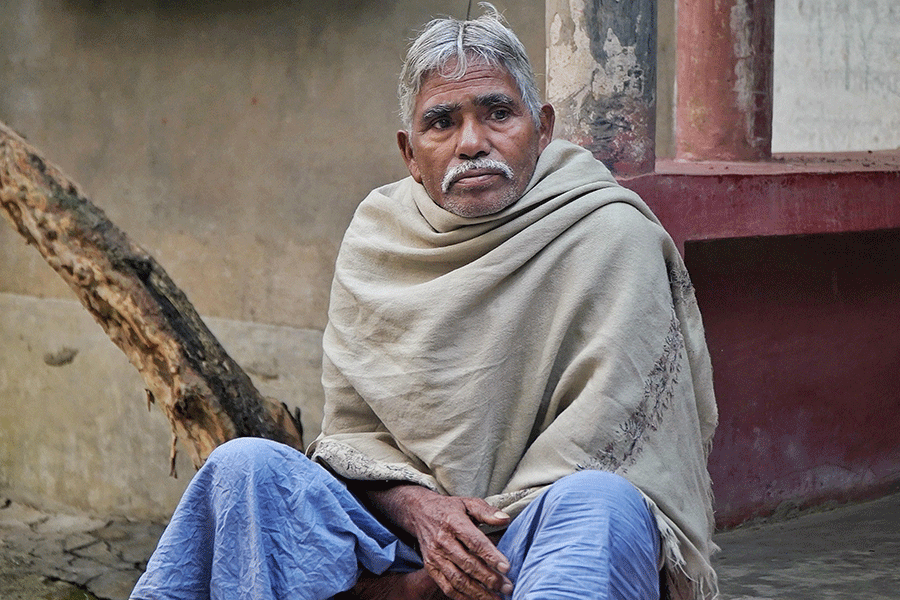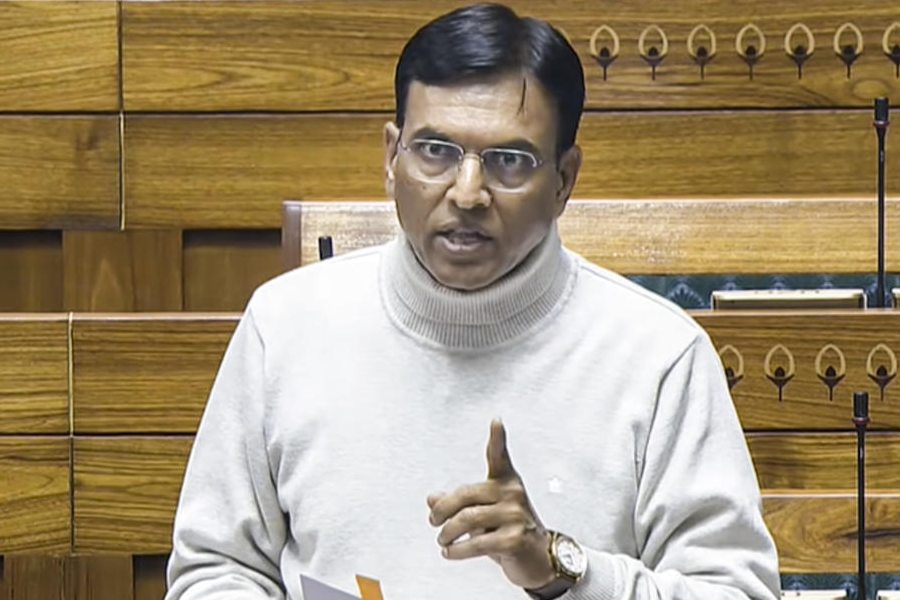Finance minister Nirmala Sitharaman has announced the third tranche of the government’s Rs 20-lakh crore economic package aimed at reviving India’s coronavirus-stalled economy with the latest measures targeting agriculture.
The new steps included a Rs 1-lakh-crore agriculture infrastructure fund, a Rs 10,000-crore programme to formalise the establishment of micro-food businesses; allocation of Rs 20,000-crore for fishermen and a new fund of Rs 15,000-crore to develop animal husbandry infrastructure.
The two earlier tranches of the economic package focused on small business, non-banking financial firms, the power distribution sector, migrant workers, small farmers and the urban poor.
Sitharaman said Friday that with the latest announcement the government planned to help the agriculture sector through “introducing marketing reforms to provide marketing choices to farmers.”
“Our focus through all the measures is to empower people and improve livelihood, rather than go only on entitlements. The focus is to ensure that India stands up on its own. We are empowering people through creation of logistics and skills,” Sitharaman said.
Friday’s press conference was the third in three days by the finance minister to announce initiatives to revive India’s economy in the wake of Covid-19. But economists say it seems that the cash-strapped government’s plans involve little in the way of new money.
The government’s focus appears to be more on liquidity support in the form of subsidised loans, credit facilities and deferred tax payments rather than actual cash outlays to create jobs, put cash in consumers’ pockets and spur demand which was weak even before the global pandemic struck.
The minister promised to bring in a “facilitative legal framework to enable farmers for engaging with processors, aggregators, large retailers, exporters, etcetera in a fair and transparent manner.” The measures would “ensure assured returns and risk mitigation for farmers,” she said.
Deregulation on the cards
Sitharaman said the Essential Commodities Act would be amended to “enable better price realisation for farmers.” The changes would involve deregulation of the sale of cereals, edible oils, oilseeds, pulses, onions and potatoes. Stock limits will only be imposed “under very exceptional circumstances like a famine with surge in prices,” she said.
The government would frame legislation “to provide adequate choices to farmers to sell produce at attractive price, barrier-free inter-state trade and a framework for e-trading of agriculture produce,” she said.
Operation Greens
The government also plans to expand its Operation Greens scheme -- which currently covers tomatoes, onions and potatoes -- to all fruits and vegetables.
The programme, which is aimed at lowering wastage, giving farmers better prices and consumers more affordable produce, offers a 50 per cent subsidy on transport of goods to “deficient” markets from surplus ones. The scheme also provides a 50 per cent storage subsidy.
Bee-keeping
The government will promote bee-keeping initiatives with a Rs 500-crore fund which will boost income for 2 lakh beekeepers and increase the amount of “quality honey” available to consumers, Sitharaman said.
The increased resources for bee-keeping will have a “ripple effect on the Indian economy as bees increase the yield and quality of crops through pollination,” she said.
In addition, a Rs 1-lakh-crore fund is being created for Farmer Producer Organisations, aggregators, primary agriculture cooperative societies to strengthen farm-gate infrastructure such as cold chains and post-harvest management systems.
Private business people and start-ups looking to facilitate supplies by buying from farmers and “seek to create value addition for the global market, but don't have infrastructure” would be able to benefit from a Rs 1-lakh-crore fund, she said.
Cattle vaccination
To protect cattle from foot-and-mouth disease, a Rs 13,343-crore fund is being established to ensure that India’s 53-crore head of cattle are fully vaccinated.
The government also aims to grow medicinal and herbal plants on the banks of the River Ganga and to promote herbal cultivation. Some Rs 4,000 crore will be earmarked for the National Medicinal Plants Board, Sitharaman said while an additional Rs 15,000 crore will be spent for the animal husbandry infrastructure development fund.










